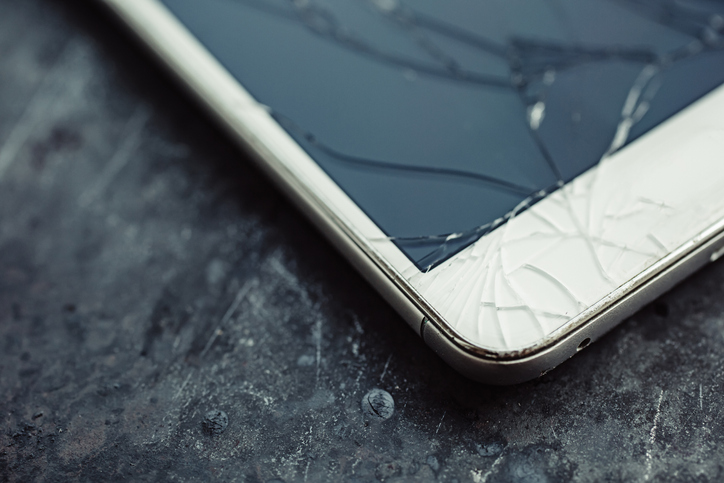Criminal damage
If someone has destroyed or caused damage to something that belongs to you, then you may be a victim of criminal damage.
This content has been written for children and young people. If you’re looking for information for over 18s, visit our types of crime information about criminal damage.
It can be really upsetting when something that is important to you – maybe something you’ve saved up for, or something that was given to you as a gift – is damaged or broken by other people. It can also make you feel scared or unsafe if the damage happens to your home.
Remember that it’s never your fault. Only the offender is to blame and nobody has the right to damage or destroy your things.

